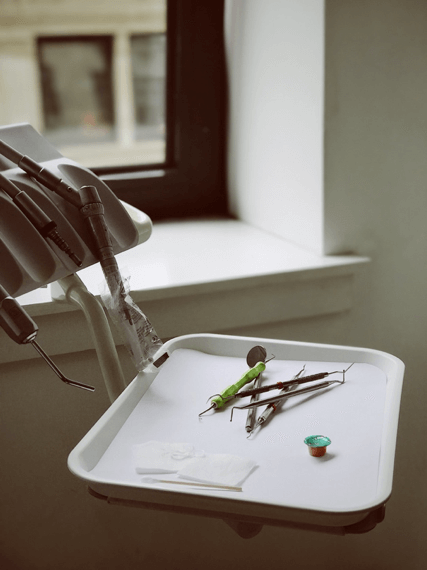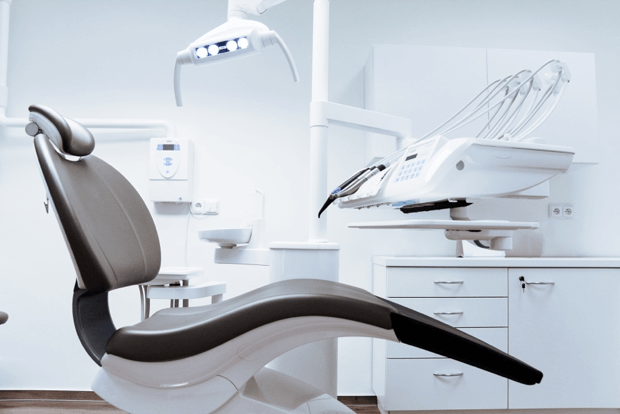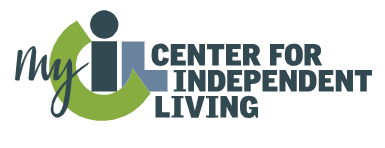Finding dental care for people with autism and other developmental disabilities is extremely difficult. The result of this challenge is startling: In one 2012 study, 32% of the 4,700 patients studied had untreated cavities and 80% suffered from serious gum infections.
In short, people with developmental disorders suffer from dental disease more often than the general population. They are not getting the care they need to prevent and treat dental issues.

Why People With Autism and Developmental Disabilities Aren’t Getting the Dental Care They Need
There are many reasons why people with autism and developmental disabilities aren’t getting the dental care they need for oral health.
Firstly, many kids on the autism spectrum or who have a developmental disability need general anesthesia for dental work. The issue is many dentists don’t offer it.
Secondly, insurance typically doesn’t cover anesthesia for certain dental work like root canals. This means must-have dental procedures could have families paying thousands of dollars out of pocket — if they can even afford it.
Thirdly, many dentists aren’t trained or don’t feel comfortable treating people with autism, developmental disorders, cerebral palsy or other disabilities. Because of this lack of experience and training, many dentists avoid treating patients with disabilities.
Finally, many people with developmental disabilities aren’t capable of maintaining their dental hygiene. They require extra dentist visits or certain accommodations that dentists aren’t able to or willing to provide.
How States Are Trying to Improve Access to Dental Care
States have recognized the challenge and issues. As a result, lawmakers are trying to make changes.
For instance, in California they have increased funding for Denti-Cal, the state’s dental insurance for patients with disabilities. With a $600 million increase in funding, the program will have more money to help pay for the additional time and resources patients with disabilities need, including anesthesia.
Another example is New Mexico’s incentive for dentists to treat patients with disabilities. They have a Medicaid billing code that dentists can use to earn an extra $90 when seeing a patient with special needs. To be eligible for this code, the dentist must complete special training.
How the Private Sector Is Addressing the Need for Dental Care
In addition to state government, the private sector is also working to improve dental care access for patients with special needs.
New York University’s College of Dentistry now has a center open that only serves people with disabilities. One Southern California dentist even started a mobile dental office, making house calls to patients with special needs. In this more comfortable setting, they often can receive basic dental care without the need for anesthesia.





